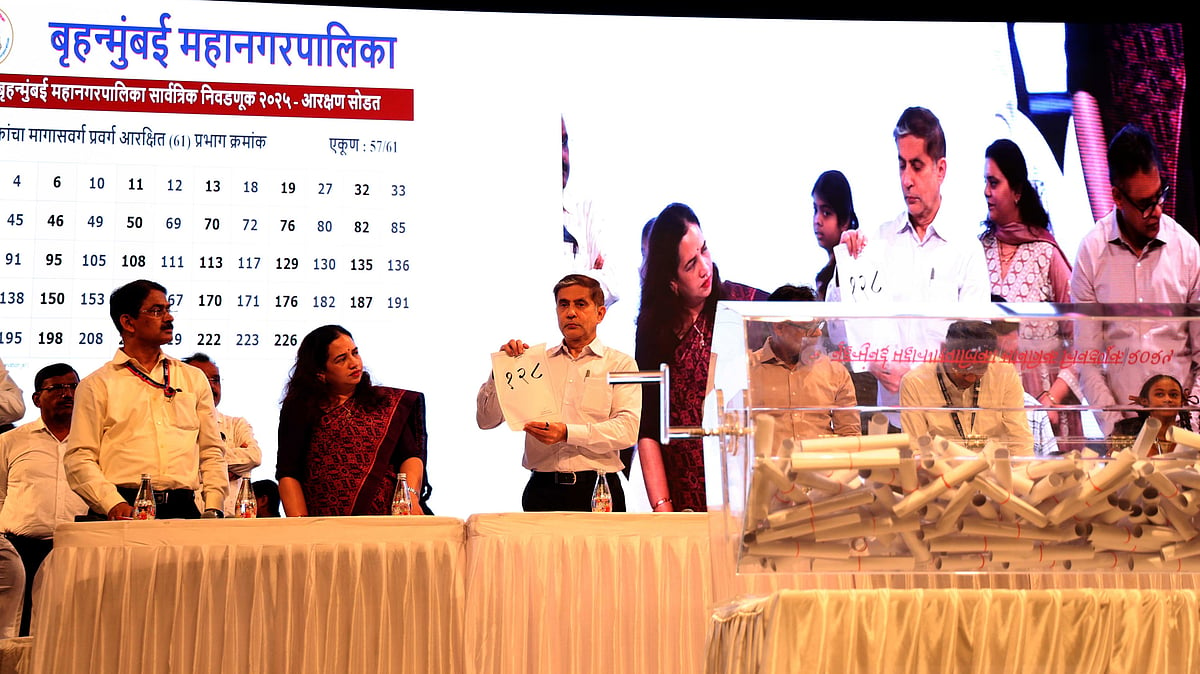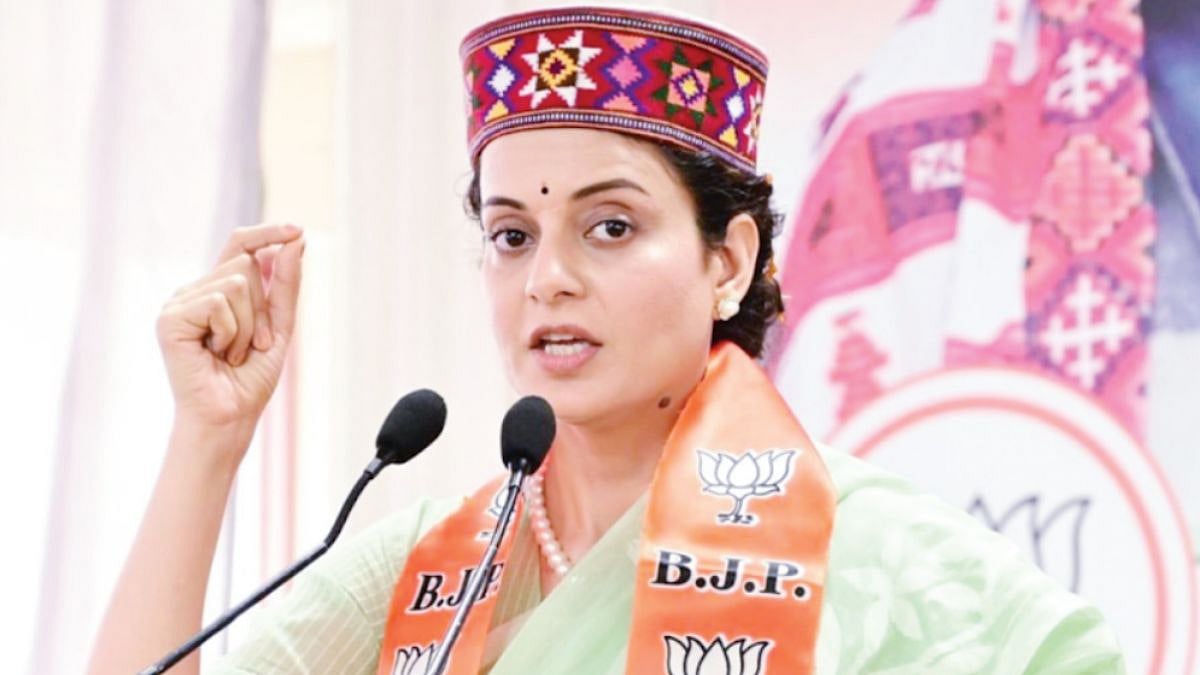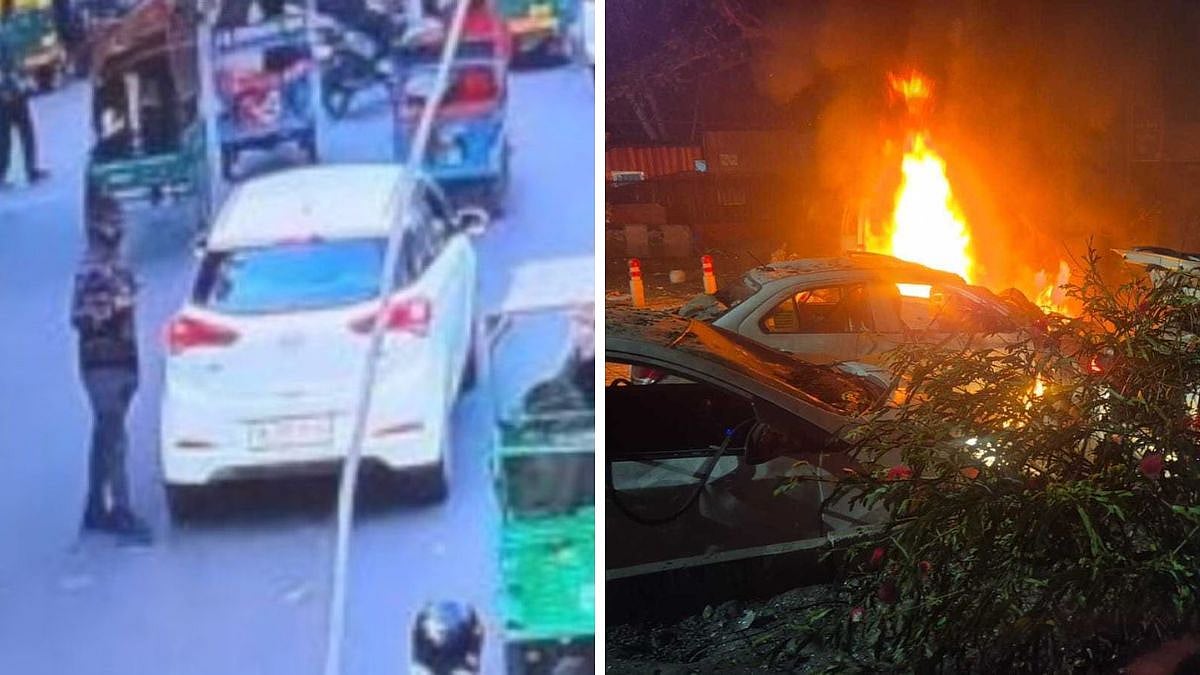The Supreme Court’s recent observations on the lack of reliability, transparency and efficiency in the purchase and sale of immovable property, and the need for a technological transformation of the process are timely.
Ruling on a case from Bihar, where the owner could not sell his property due to rules issued without proper legal foundation, the court pointed out that antiquated colonial laws—the Transfer of Property Act, 1882, the Indian Stamp Act, 1899, and the Registration Act, 1908—governing the sector strangely maintained a dichotomy between the ownership and registration, resulting in mere presumptive holding of the title to property.
This cast a heavy burden on the potential buyer to carry out an extensive search, spread over three decades, to ascertain marketable title. Hapless buyers have to use a variety of sources, including brokers, to get paper records and prepare the transaction for registration at great expense. In the court’s view, the answer to this vexed question lies in blockchain technology.
Although it is not a new option, it is increasingly seen as a solution by the real estate sector, not just in India but abroad too. In essence, blockchain technology would replace current paperwork with a distributed digital ledger to record the transactions for a property, with individual changes remaining time-stamped and immutable; each subsequent change becomes distinctly identifiable, creating a clear record. Such a digital trail could sharply reduce fraud, often seen in the form of duplicate sales of land and pledging for loans.
The architecture of a blockchain system, including methods to validate each stage of the process online, would have to be decided by technology professionals for reliability and ease of use by all parties.
Yet, agreement on its potential already exists. In fact, this would be a logical extension of the Digital India Land Record Modernisation programme that was approved in 2008 and is still being pursued, although without the necessary vigour.
Union Rural Development Minister Chandra Sekhar Pemmasani recently informed Parliament that blockchain technology was not part of the DILRM programme. But reform would speed up transactions and reduce the volume of property disputes, which, the Supreme Court says, account for 66% of civil cases.
Greater transparency could cut through the asymmetry at Registration Department offices, which are often cesspools of corruption. It is heartening that the court has requested the Law Commission to prepare a report on new property laws that incorporate blockchain technology, after consultations with the Union and state governments and information technology experts.
This paradigm shift is urgently called for nearly eight decades after Independence. The NDA government set out to eliminate archaic laws and reform others a decade ago. Here is a good case that the apex court has flagged, and every citizen stands to benefit from a modern regime for property transactions.









